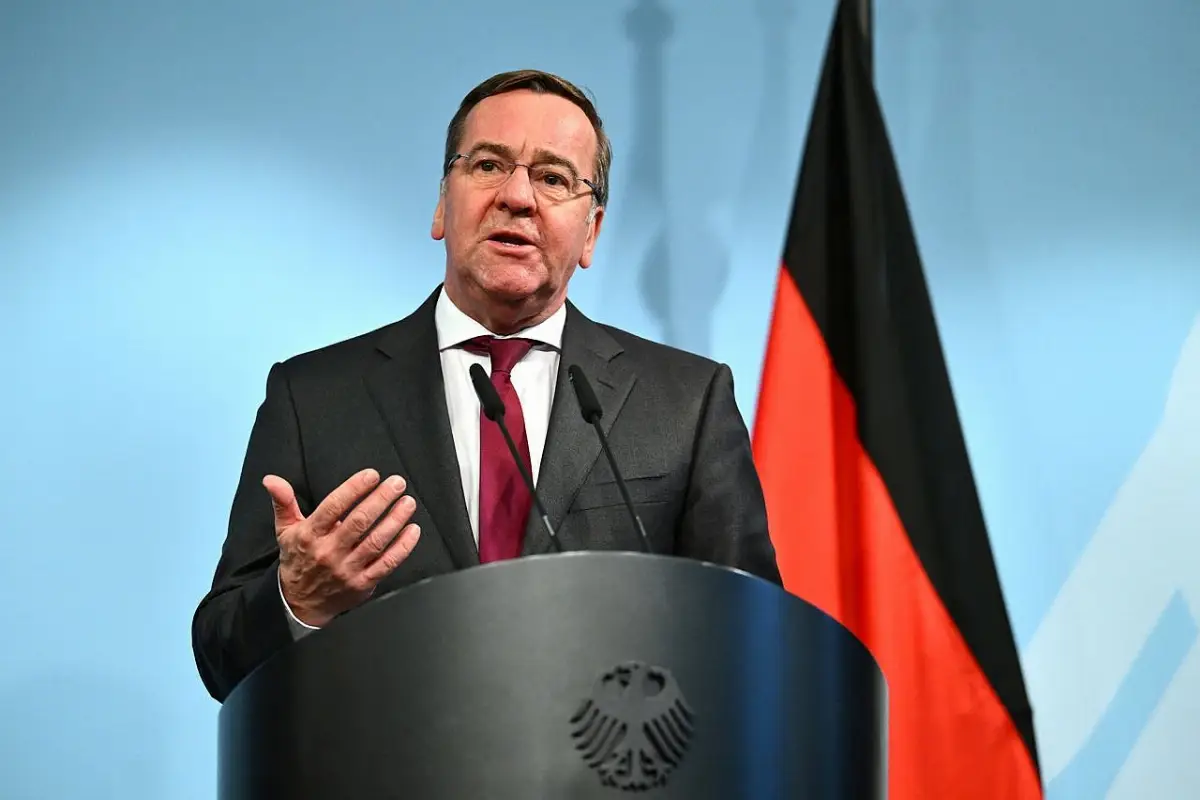
Germany: Minister Pistorius announces major Defense plan, but this is not the end...
Berlin focuses on Sting Ray torpedoes for the new P-8 Poseidon aircraft and on the new Deep Precision Strike missile

In addition to the robust Bundeswehr enhancement plan, Berlin and London have formalized a strategic cooperation that includes the joint acquisition of British torpedoes to arm their respective maritime patrol vessels, as well as the joint development of a new long-range missile
Germany's defense strategy takes a significant leap forward with the announcement of a substantial increase in military investments by Defense Minister Boris Pistorius, made today at the Bundestag. This ambitious plan unfolds alongside a growing and strategic cooperation with the United Kingdom in the armaments sector.
On May 15th, a meeting in Berlin between Minister Pistorius and British Defence Secretary of State John Healey marked an intensification of bilateral collaboration, already formalized through the "Trinity House Agreement" of October 2024. Two prominent initiatives emerge from this renewed commitment. First, Germany and the United Kingdom have agreed to proceed with a joint acquisition program of the Sting Ray lightweight anti-submarine torpedoes, produced by British defense company BAE Systems. This synergy aims to efficiently and interoperably equip the maritime patrol aircraft fleets -namely the Boeing P-8 Poseidon—of both countries, significantly enhancing their Anti-Submarine Warfare (ASW) capabilities in the critical North Atlantic theater.
Secondly, the strategic alliance looks toward the future with the announcement of the joint development of a long-range missile, fitting the "Deep Precision Strike" concept. This advanced weapon system, with an expected range exceeding 2,000 kilometers, will feature high precision enabled by sophisticated guidance systems (GPS/INS, in-flight updates, and terminal seekers) and the capability to carry various types of conventional warheads. Its flexible deployment from multiple platforms will increase both countries' ability to strike strategic targets deep within adversary territory, thereby reinforcing deterrence and European strategic autonomy within NATO.
The scale of this armament cooperation—from anti-submarine torpedoes to long-range missiles—highlights a significant strategic convergence between Germany and the UK. The "Deep Precision Strike" initiative, in particular, underscores both Nations' commitment to investing in advanced military capabilities to address future security challenges and to stimulate innovation within their respective defense industries.
Returning to the extensive defense plan, the government's intent, emphatically expressed by Minister Pistorius, is to undertake a substantial strengthening of the Bundeswehr. Although precise figures and detailed timelines are still awaited, indications point to a multiyear financial commitment potentially amounting to hundreds of billions of euros. Probable priorities include air and missile defense, modernization of land and naval forces, cyber and electronic warfare capabilities, and long-range weapon systems such as the "Deep Precision Strike". The implementation of this ambitious project will have far-reaching implications for Germany's defense capacity and its role within NATO.
AVIONEWS - World Aeronautical Press Agency